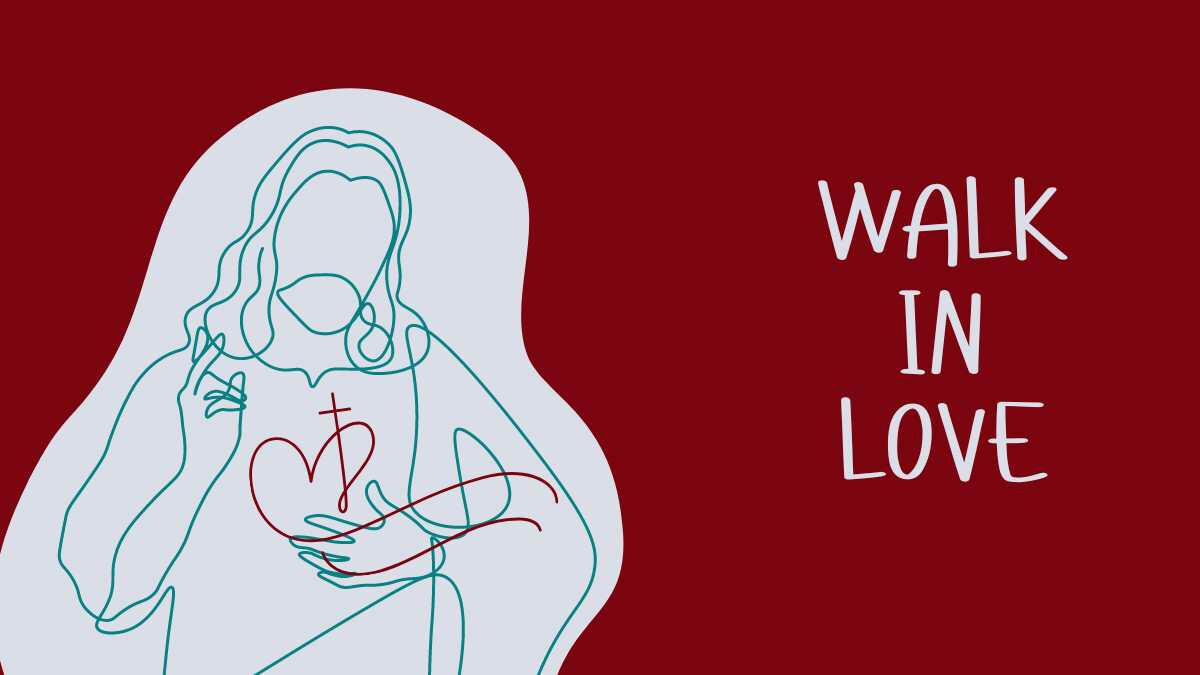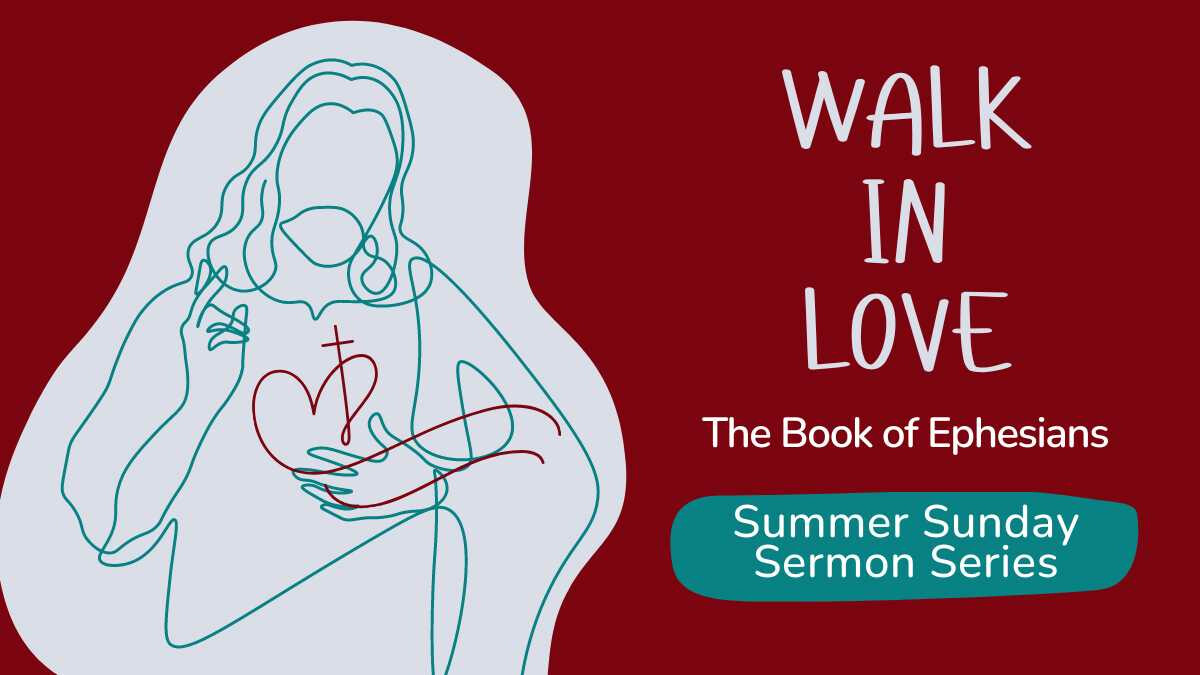
Day 17
“Therefore remember that formerly you, the Gentiles in the flesh, who are called “Uncircumcision” by the so-called “Circumcision,” which is performed in the flesh by human hands— remember that you were at that time separate from Christ, excluded from the commonwealth of Israel, and strangers to the covenants of promise, having no hope and without God in the world.” Ephesians 2:11-12
Remember Your Former Life
Before and after pictures tell a story. We’ve all seen the dramatic photos after a storm where the scenes of destruction litter the landscape. What was once a beautiful community with houses, yards, streets, and signs of order now display nothing but disorder and chaos. We’ve also seen those amazing before and after transformations of an older home, renewed.
This section of Ephesians turns to the distinctive before and after for the Gentiles. Prior to the message of Christ coming to Ephesus, the vast majority of citizens had no knowledge of the God of the Bible. Much of their life was dedicated to the idolatrous worship of the Greek and Roman gods, especially Artemis, the Ephesians’ own special version of the worship of the Roman cult of Diana. The temples often provided a break from the daily mundane through wine, fine food, music, entertainment, and often immorality. In Ephesus, this aspect of religious life meant much to the culture and pride of the region. The social and spiritual life revolved around the local and tourist activity of idolatry. Into this world came the message of Jesus Christ. The God of the Bible presented quite the contrast to the idolatrous realm of that culture. The One True God “does not dwell in temples made with hands.” (Acts 17:24)
God made a covenant with Abraham, the father of the Jewish nation. God renewed that covenant through Isaac, Jacob, and the sons of Jacob. After 400 years of bondage in Egypt, God called Israel out of Egypt to the Promised Land under the leadership of Moses. God extended His covenant with Israel through the giving of the Law, the establishment of the sacramental system, the construction of the tabernacle, and the conquest of the Promised Land. All of these were mere shadows of God’s ultimate promises to Israel. God covenanted with Israel to make an everlasting kingdom, with an everlasting and righteous King to rule over the people. As God promised in the book of Isaiah: For a child will be born to us, a son will be given to us; And the government will rest on His shoulders; And His name will be called Wonderful Counselor, Mighty God, Eternal Father, Prince of Peace. There will be no end to the increase of His government or of peace, on the throne of David and over his kingdom, to establish it and to uphold it with justice and righteousness from then on and forevermore. (Isaiah 9:6-7)
The Jewish people of Paul’s day held these promises with pride in their heritage and great expectation for their future. The Jews of Paul’s day also held their unique relationship to the One True God with great prejudice against non-Jews. Since circumcision was the religious sign of the covenantal relationship between God and the Jewish people, it became a slur against non-Jews as the “uncircumcised.” This one word captured the exclusion of Gentiles from all of these massive benefits that uniquely belonged to the people of Israel.
Now, in Christ, the covenantal promises have come to full circle. Christ removed the curse of Adam. Christ fulfilled all of the requirements of the Mosaic Law. Christ satisfied all of the ceremonial aspects of the Law. Christ is the promised Davidic King, the Messianic fulfillment of the hopes and desires of the nation of Israel. In His perfect life, death, and resurrection, Christ satisfied the Adamic, Abrahamic, Mosaic, and Davidic covenant hopes, even the everlasting reign as He “sat down at the right hand of God” after His ascension. The extent of this covenantal fulfillment surprised even the apostles of Christ. The church launched as a Jewish only enterprise. Christ, the Jewish Messiah, had come and fulfilled the sacred scriptures. In the early days of the church, the message to Jewish people consisted of this precise message. As Simon Peter declared on the day of Pentecost, “This Jesus God raised up again, to which we are all witnesses. Therefore having been exalted to the right hand of God, and having received from the Father the promise of the Holy Spirit, He has poured forth this which you both see and hear. For it was not David who ascended into heaven, but he himself says: ‘The Lord said to my Lord, “Sit at My right hand, Until I make Your enemies a footstool for Your feet.”’ Therefore let all the house of Israel know for certain that God has made Him both Lord and Christ—this Jesus whom you crucified.” (Acts 2:32-36) “Let all of the house of Israel know…” reflects the Jewish-centric approach to the preaching of the Apostles as the church launched. It had finally dawned. The Messianic hopes had come and the message to the Jewish people began to draw thousands of believers in Christ in just a few weeks following the resurrection of Jesus Christ.
The Gentiles knew of none of this. Never had any of these hopeful messages arrived in Asia Minor to the vast majority of the people there. Paul wanted the Gentiles to feel the weight of that alienation from God. Paul reminded them that they were once on the outside looking in. As for all of us, it is important to remember where we once were. Our bondage to sin and shame, our ignorance to the things of God, our willful rebellion against our Creator, generated an impenetrable wall between us and the One who made us. Only God could break that bondage, the heavy chains of our sin. As with the Ephesian church, this verse sparks the memory of our own past. We should take a moment to remember when we were separated from God, completely without hope. Bound by our sinful culture and our own sinful desires, God rescued us through His great plan of salvation. The significance of the rescue can only be fully appreciated when we remember from whence we came. Oh soul, remember the weight of your chains.
Suggested Prayer: God, thank You for hope. We were lost and You saved us. We were outside of the covenant promises but now through Christ Jesus, we have hope. Praise the name of the Lord our God. Praise His name forevermore.



Login To Leave Comment